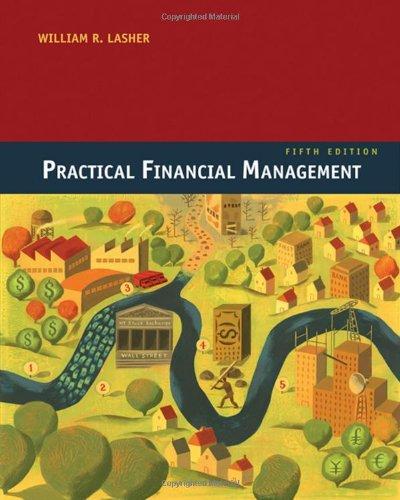3. Charlie Henderson, a senior manager in the Bartok Company, is known for taking risks. He recently
Question:
3. Charlie Henderson, a senior manager in the Bartok Company, is known for taking risks. He recently proposed that the company expand its operations into a new and untried field. He put together a set of cash flow projections and calculated an IRR of 25% for the project. The firm’s cost of capital is about 10%. Charlie maintains that the favorability of the calculated IRR relative to the cost of capital makes the project an easy choice for acceptance, and urges management to move forward immediately.
Several knowledgeable people have looked at the proposal and feel Charlie’s projections represent an optimistic scenario that has about one chance in three of happening. They think the project also has about one chance in three of failing miserably. An important consideration is that the project is large enough to bankrupt the company if it fails really badly.
Charlie doesn’t want to talk about these issues, claiming the others are being
“negative” and that he has a history of success with risky ventures like this. When challenged, he falls back on the 25% IRR versus the 10% cost of capital as justification for his idea.
The company president has asked you for your comments on the situation.
Specifically address the issue of the 25% IRR versus the 10% cost of capital.
Should this project be evaluated using different standards? How does the possibility of bankruptcy as a result of the project affect the analysis? Are capital budgeting rules still appropriate? How should Charlie’s successful record be factored into the president’s thinking?
Step by Step Answer:







